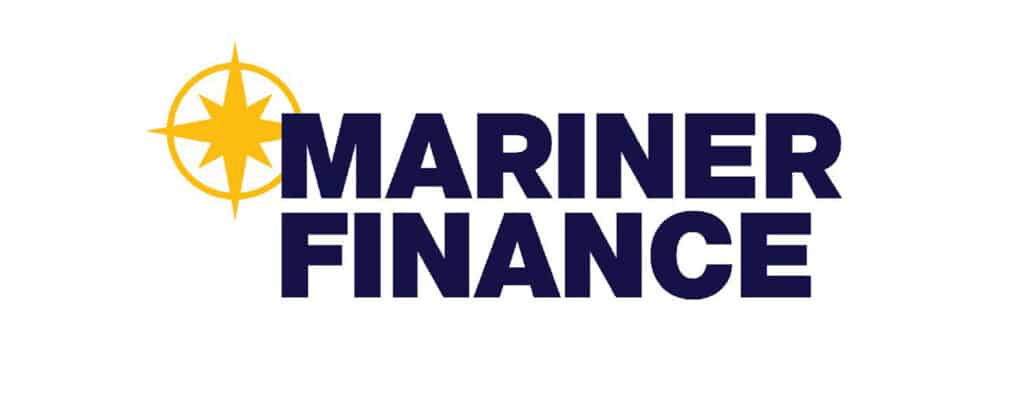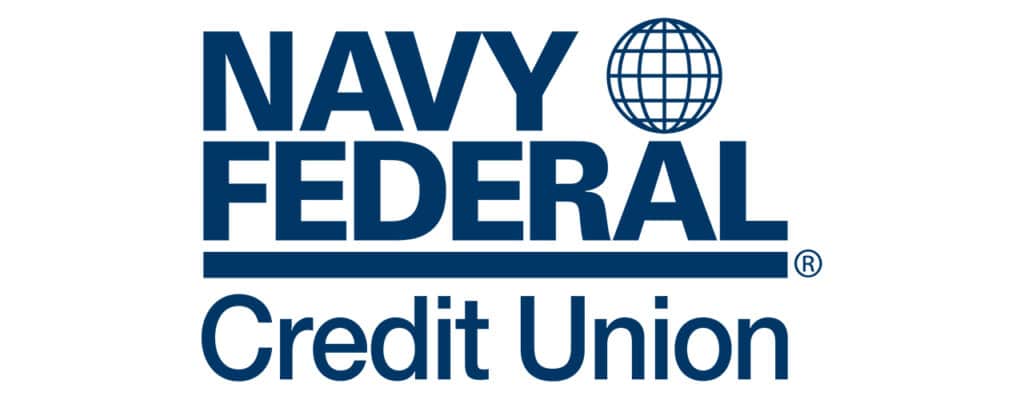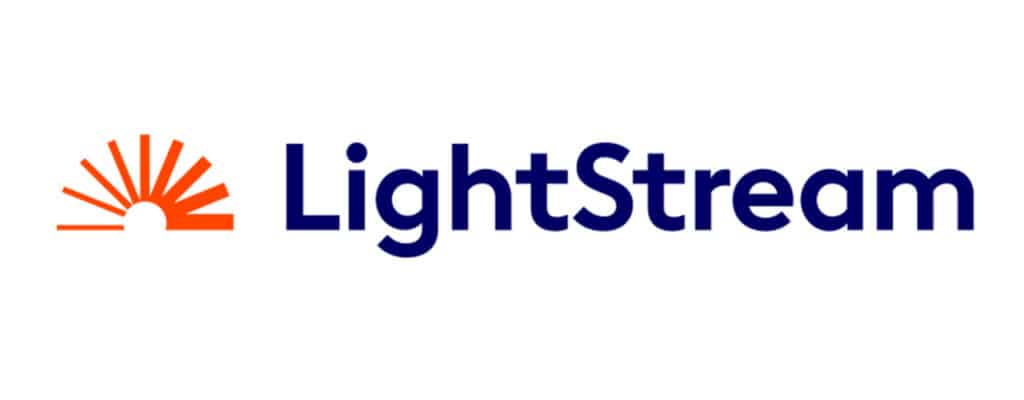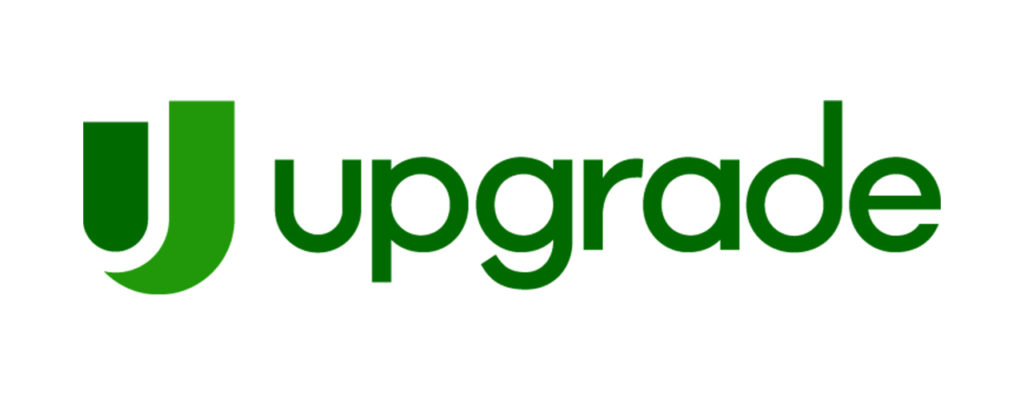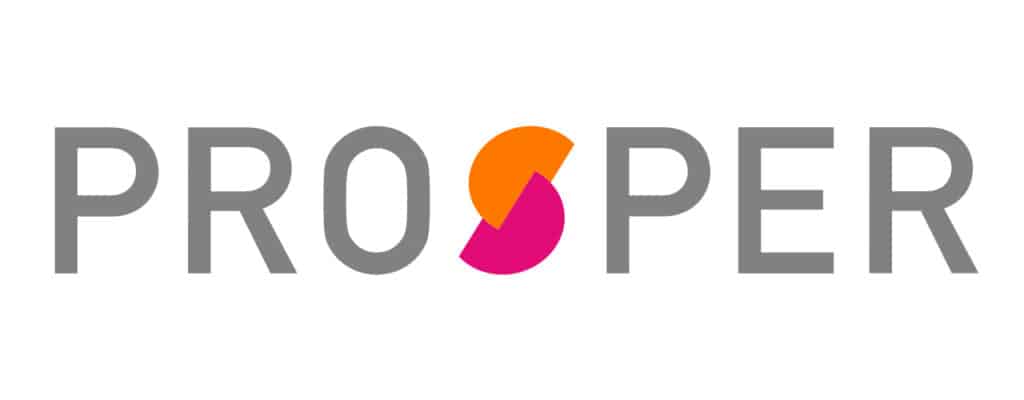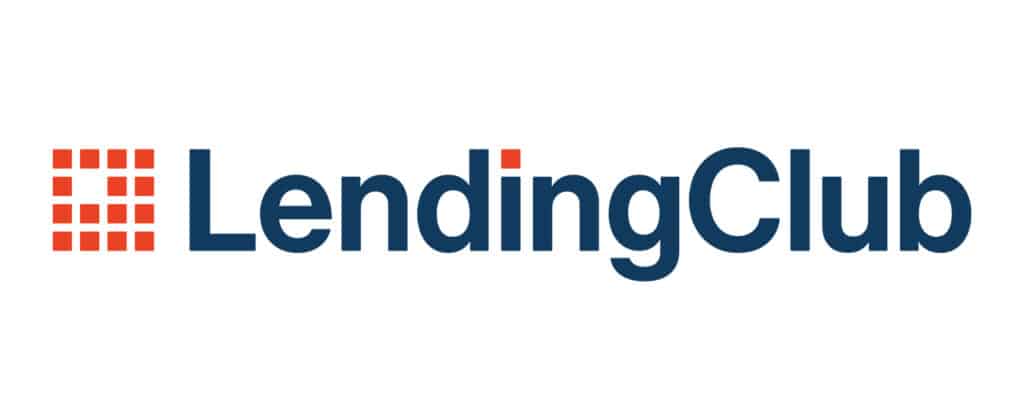Most products on this page are from partners who may compensate us. This may influence which products we write about and where and how they appear on the page. However, opinions expressed here are the author's alone, not those of any bank, credit card issuer, airline or hotel chain.
Personal loans can be a great choice if you need money quickly, but many lenders require borrowers to have good credit. The good news is that some personal loan lenders let people with fair or poor credit apply with a co-signer or co-borrower for better odds of getting approved. Here’s what you need to know about co-signers and co-borrowers, how co-signing works, and some top lenders that allow co-signers and co-borrowers on loan applications.
What Is a Co-Signer?
A co-signer serves as support to a borrower seeking a loan. Their credit history is considered along with the primary borrower’s credit, and if the loan application is approved, they agree to pay it back if the primary borrower fails to make their payments. Co-signers don’t receive any of the loan funds.
Generally, a co-signer is a trusted friend or family member with a stronger credit profile than the primary borrower. For instance, a parent might agree to co-sign a loan for their new college graduate with limited credit. Or one spouse with excellent credit might co-sign a loan for their partner who’s working to improve their credit.
Co-Signer vs. Co-Borrower (or Joint Applicant)

Joint applicants, also called co-borrowers or co-applicants, are named on the loan and share equal responsibility for the monthly payments. On the other hand, co-signers only serve as a guarantor for the loan, agreeing to repay it if a borrower defaults.
While co-signers and joint applicants can both help if a borrower has less-than-stellar credit, their responsibilities are different:
- Co-signer: The co-signer is legally responsible for paying off the debt if the borrower defaults but is not legally entitled to loan proceeds.
- Co-borrower or joint applicant: The co-borrower benefits from the loan proceeds and has a joint responsibility in making loan repayments. For example, you might decide to apply for a joint loan with your spouse so you can both access the funds to pay for a home renovation or a wedding.
Determining whether you want a co-signer and co-borrower comes down to how involved you want the other person to be and how invested they are in the loan.
What Are the Benefits of Having a Co-Signer?
- Improves chances of loan approval
- May qualify for lower rates
- May qualify for higher loan amount
- Helps both parties build credit with on-time payments
Borrowers with poor or fair credit could benefit from working with a co-signer with better credit, as lenders will consider your co-signer’s credit profile in addition to yours. If they have strong credit, you could qualify for a larger loan or better rates and terms with a co-signed loan than you would on your own.
A lower interest rate can significantly affect how much you’ll pay over the life of your loan. For instance, if you qualified on your own for a 15% interest rate on a $10,000 personal loan with a five-year term, you’d pay $4,274 in interest over your repayment term. If you used a co-signer and qualified for a 10% interest rate with the same amount and loan term, you’d pay just $2,748 in total interest.
Quick Tip
You can use a loan payment calculator to see how different interest rates can affect the total amount you’d owe.
Best Personal Loans That Allow Co-Signers
If you’re interested in a co-signed personal loan, confirm that your lender offers this option before applying. Unfortunately, not all lenders do. To help you compare options, here are some of the best personal loans that allow co-signers.
Loan results will vary based on creditworthiness, loan purpose, loan amount, and other factors.
Mariner Finance
- Loan Amounts$1,000 – $25,000
- Loan Terms12 – 60 months
- APR Range18.99-35.99%
- Minimum
Credit Score580 or aboveA credit score is used to indicate the creditworthiness of an applicant, but it is only one of several factors considered for approval. These credit scores alone are not guarantees for approval and should only be used as guidelines.
Those with bad credit may find personal loans from Mariner Finance accessible, but APRs can be high compared to other lenders.
Overview
Mariner Finance has physical branches in 28 states, and borrowers can choose to apply for a personal loan in person, online, or over the phone. It’s also one of the few lenders that offers co-signed personal loans. While Mariner doesn’t disclose its minimum credit score requirements, a representative indicated that they consider factors like your credit history and income in lending decisions. So you may not necessarily need great credit to get approved.
Pros
- Has physical branches
- Secured and unsecured loan options
- Accessible for bad credit borrowers
- Low minimum loan amount
- Joint and co-signed loans
Cons
- Maximum loan amount is only $25,000
- Loans over $15,000 are only available through physical branches
- High minimum APRs
- Not available in all states
Navy Federal Credit Union
- Loan Amounts$250 – $50,000
- Loan TermsUp to 180 months
- APR Range8.99% – 18.00%
- Minimum
Credit ScoreNoneA credit score is used to indicate the creditworthiness of an applicant, but it is only one of several factors considered for approval. These credit scores alone are not guarantees for approval and should only be used as guidelines.
Personal loans from Navy Federal Credit Union come with no origination fees, quick funding, and can be a good fit for borrowers with less-than-ideal credit.
Overview
To qualify for Navy Federal Credit Union loans, you’ll need to be a member: you need to be a veteran, active-duty service member, Department of Defense personnel, or eligible military family member. In addition to offering co-signed personal loans for borrowers with less-than-perfect credit, Navy Federal Credit Union also offers secured personal loans. Borrowers won’t pay an origination or prepayment fee, and funding can be available as quickly as the same day. It’s worth putting this lender on your shortlist if your credit isn’t great and you’re looking to compare loan options.
Pros
- Fast funding available
- Minimum loan amounts as small as $250
- Lengthy repayment terms up to 180 months for home improvement loans
- Co-signer option available
- No origination fee
- Secured loan options available
Cons
- High minimum loan amounts for longer-term loans
- Need to be a member to get a loan
Best Personal Loans That Allow Co-Borrowers
Alternatively, you may want to consider working with a co-borrower if you have poor credit. Co-borrowers share responsibility for the loan and benefit from the funds received. Here are some lenders that allow co-borrowers if you’re considering this option.
Loan results will vary based on creditworthiness, loan purpose, loan amount, and other factors.
LightStream
- Loan Amounts$5,000 – $100,000
- Loan Terms24 – 144 months
- APR Range7.49% – 25.49% (with autopay)
- Minimum
Credit Score660 or aboveA credit score is used to indicate the creditworthiness of an applicant, but it is only one of several factors considered for approval. These credit scores alone are not guarantees for approval and should only be used as guidelines.
LightStream is a solid online lender offering no fees, high loan maximums and low-rate personal loans for several purposes.
Overview
LightStream offers personal loans for several purposes, including debt consolidation, medical expenses, home improvement, weddings, car purchases and more, making this worth considering for those seeking flexibility. The lender offers relatively low rates compared to competitors, including autopay discounts. Its personal loans also have no origination fees or late fees, which can help keep borrowing costs low. However, borrowers will likely need to have good-to-excellent credit in order to be approved for a LightStream personal loan. Overall, it’s a good lender to add to your shortlist if you’re looking for flexible funding, no fees and a low APR. Lightstream may also disburse loans as soon as the same day you’re approved, making this lender a worthy choice if you need fast funding.
Pros
- Low minimum APR
- No origination fees, no late fees
- High loan maximum of $100,000
- Autopay discount
- Joint applications allowed
Cons
- Rates and terms vary by loan purpose
- No soft pull prequalification
- Must have good-to-excellent credit
- No physical branches
Upgrade
- Loan Amounts$1,000 – $50,000
- Loan Terms24 – 84 months
- APR Range8.49% - 35.99%
- Minimum
Credit Score560 or aboveA credit score is used to indicate the creditworthiness of an applicant, but it is only one of several factors considered for approval. These credit scores alone are not guarantees for approval and should only be used as guidelines.
Borrowers with less-than-stellar credit profiles may find Upgrade personal loans accessible, and its quick funding and flexible payment due dates convenient.
Overview
Upgrade offers personal loans that are accessible to those with not-so-ideal credit scores. The low loan minimum of $1,000 also makes it an easy choice for those with small financing needs. However, borrowers in certain states will be subject to higher minimum loan amounts. With this lender, you can expect to pay an origination fee. Borrowers can view their rate before applying without impacting their credit score. Overall, Upgrade is worth considering if you’re looking for a lender that is willing to work with lower credit scores and offers loans with competitive rates and flexible terms.
Pros
- Accessible to borrowers with bad credit
- Flexible loan terms
- Joint applications allowed
- Secured loan options
- Direct payment to creditors
Cons
- Has origination fees
- No physical branches
- Higher APRs than some competitors
Prosper
- Loan Amounts$2,000 – $50,000
- Loan Terms24 – 60 months
- APR Range8.99% – 35.99%
- Minimum
Credit Score600 or aboveA credit score is used to indicate the creditworthiness of an applicant, but it is only one of several factors considered for approval. These credit scores alone are not guarantees for approval and should only be used as guidelines.
Prosper is an online lending platform offering fast funding for personal loans and the option to apply with a co-borrower if your credit isn't stellar.
Overview
Prosper is an online peer-to-peer (P2P) lending platform offering personal loans and HELOCs. Because it’s P2P, Prosper works slightly differently than other non-P2P lenders. Borrowers sign up and are assigned a Prosper Rating based on their creditworthiness, and investors can choose whether or not to fund them after viewing their loan listing. Borrowers can expect to pay an origination fee depending on their Prosper Rating. Funding can be available as soon as the next business day after approval of the loan, making it a solid option in emergencies. Fortunately, if your credit isn’t stellar, Prosper offers the option to apply with a co-borrower, which could improve your chances of getting a better rate.
Pros
- Can change your loan payment date
- Option to apply with co-borrower
- Next-day funding available after approval
Cons
- No physical branches
- Has origination fees
- Not available in all states
LendingClub
- Loan Amounts$1,000 – $40,000
- Loan Terms24 – 60 months
- APR Range9.57% – 35.99%
- Minimum
Credit Score600 or aboveA credit score is used to indicate the creditworthiness of an applicant, but it is only one of several factors considered for approval. These credit scores alone are not guarantees for approval and should only be used as guidelines.
Borrowers in the fair credit range who need a small loan can appreciate LendingClub's quick funding and option for direct payments to creditors with debt consolidation loans.
Overview
LendingClub can be a good fit for those looking to consolidate high-interest debt, as they offer the ability to pay your creditors directly from your loan. You can also use LendingClub loans for almost any purpose, from home improvements to medical bills. Eligible borrowers who need some assistance qualifying can apply for a joint loan, and borrowers can expect to receive funding as soon as 24 hours after approval. However, APRs do start at relatively higher rates than some competitors.
Pros
- Low minimum loan amount
- Fast funding for personal loans (receive funds as little as 24 hours after approval)
- Joint loans allowed
- Direct payment to creditors
- Check rates without a hard credit inquiry
Cons
- Has origination fees
- No physical branches
- Lower maximum loan amount than some lenders
How Does Your Loan Impact the Co-Signer’s Credit?
Your loan may have a negative or positive impact on your co-signer's credit, depending on a few factors.
It might negatively impact their credit if:
- Your lender runs their credit: Both you and your co-signer will be subject to a hard credit check when you apply for a loan. This could result in a temporary small dip in your credit scores, though generally not more than five points.
- You make late payments: Making late payments or missing payments entirely could hurt your credit score and your co-signer's.
- Your account is sent to collections: Falling behind on payments could result in your account being sent to a collections agency. This will harm both your and your co-signer’s credit scores.
But your loan can also have a positive effect on your co-signer’s credit score, too.
Here’s when it may help positively impact their credit:
- You make payments on time: Just as late or missed payments hurt your credit score, on-time payments can improve it. The same is true for your co-signer’s credit score.
- Your new account helps their credit mix: As its name implies, your credit mix is the combination of different account types on your credit report—for instance, credit cards, mortgages and other loans. Generally, it’s good for your credit to have different types of credit accounts, assuming you can manage payments.
FAQs
-
It’s possible to be denied a loan even if you use a co-signer. Qualifying criteria vary from lender to lender, which means one lender might have stricter requirements for borrowers than another. If you choose to use a co-signer, compare lenders and research their credit score, income and other requirements before applying.
-
Having a co-signer may improve your chances of getting good loan offers, especially if that person has excellent credit and you have bad credit. That’s because your lender will consider both your credit and your co-signer’s credit when deciding whether to approve your loan. Having someone with excellent credit in your corner could help you qualify for a larger loan amount or a better interest rate or loan term.
-
A co-signed loan can affect both the borrower’s and the co-signer’s credit scores. The impact can be positive or negative, depending on a few factors. If the borrower can keep up with monthly payments, it’ll likely improve the credit scores of both. But if the borrower defaults, it’ll harm credit scores of both people.
While the co-signer guarantees the loan for the borrower, they do not receive any loan proceeds, and the borrower is responsible for making monthly payments.
-
It’s possible to get a type of loan with no credit and no co-signer, but your options are more limited. Your best bet is likely a credit-builder loan from a local bank or credit union. These are a type of secured loan that requires a deposit. You then pay your deposit amount over time, and once the balance is paid off entirely, the loan funds are disbursed to you. This can be a useful way to establish or rebuild bad credit.
Another option would be credit cards with 0% intro APR promotions, which are essentially interest-free loans on your spending as long as you can pay off the balance every month before the intro expires. (After that time, you'll be charged the card's regular interest rate.)





